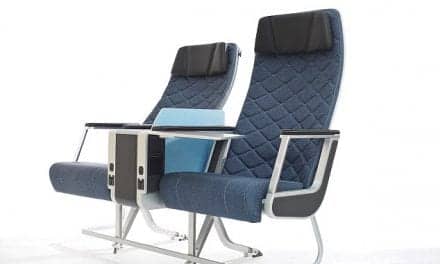A Quartz report examines the research that shows the effectiveness of the Sleepio app, which is designed to provide personalized sleep therapy.
The most recent piece of evidence that Sleepio works comes from a study published in the Journal of Occupational and Environmental Medicine. It was done with a relatively small sample size, and the lead researcher was a co-founder of Big Health, but nonetheless, the journal is peer-reviewed, and the methodology seems rigorous. The study involved some 270 employees of a Fortune 500 company (which one, Hames won’t tell), who said they suffered from insomnia.
The study found that participants who used Sleepio reported a 10% increase in sleep efficiency, which means they spent 10% more time asleep of the total time they spent in bed. They also reported feeling more productive and taking fewer sick leaves.
CBT has been shown to help with sleep before. A 2015 survey of 20 other studies found that CBT delivered via real-life therapists helped insomnia sufferers fall asleep 20 minutes sooner, on average and spend 30 fewer minutes awake during the night. The results lasted at least for six months.
There may of course be a difference between CBT delivered by a person and by a computer. Yet, if Sleepio can jump that divide, it’ll do the world a service. Even the UK’s National Health Service, known to be a difficult customer for anyone selling new-age therapies, has an ongoing trial with Sleepio. A Fortune 500 company may have a lower bar, but if Sleepio saved even a single sick day, that would probably justify its $300 per person annual fee.



